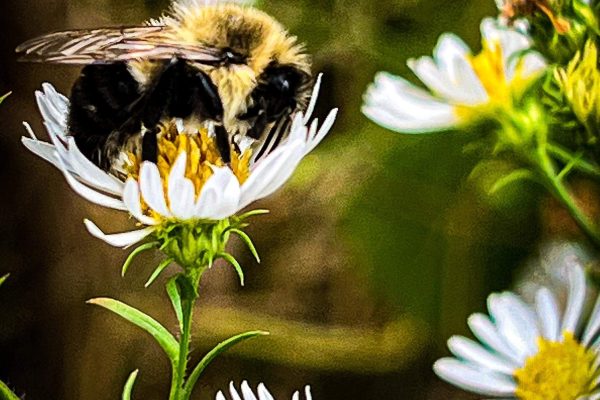Without a Jewish calendar
We could still celebrate Shabbat since Saturdays –Yom She’vi’i, called by another name– exists on the Gregorian calendar
We could lead ethical lives and not put stumbling blocks before the blind
We could commit ourselves to social action and making the world
a better place at personal, community and global levels
We could create communities that support us in times of joy,
times of sorrow, and times of everyday living
Without a Jewish calendar
we could eat Jewish foods
but we would be unable to easily assign meaning to our gastronomical enjoyment
Without a Jewish calendar
How would we know when to eat our apples and honey and wish our friends a Shanah Tovah?
How would we know when to ask people we have hurt over the last year for forgiveness?
How would we know when to build a sukkah and contemplate what a peaceful world without hunger and homelessness might look like?
How would we know when to light the Hannukah candles?
How would we know when to attempt to clean the oil from the stove and decide, once again, that next year, we will buy latkes from Corky and Lenny’s or “wherever latkes are sold?”
How would we know when to eat hamentaschen, dress up in serious and silly costumes, and sing parody prayers about horses dressed in tights?
How would we know when to gather together with friends and family, in person or by Zoom, for a Passover seder?
How would we know when to eat matzah and charoset and think about –still current– issues of slavery vs. freedom?
How would we know when to eat parsley and think about spring and renewal?
How would we know when to eat blintzes and think about the giving of the Torah?
How would we know when to commemorate the destructions of the Temple in Jerusalem and other devastations that have impacted the Jewish people and other peoples in the course of history?
How would we know when to start preparing for a new year?
Without a Jewish calendar
would we be Jewish????
This poem was written for a study session about the Jewish calendar that the poet led for Kol HaLev, Cleveland’s Reconstructionist Synagogue.










